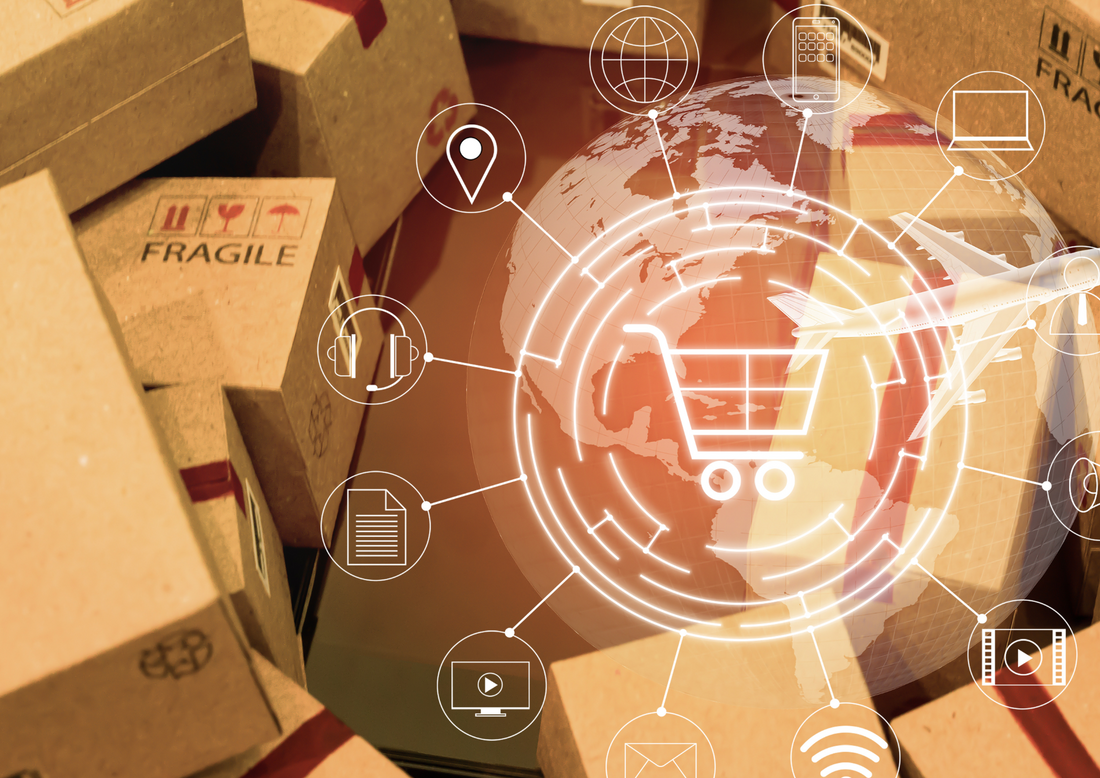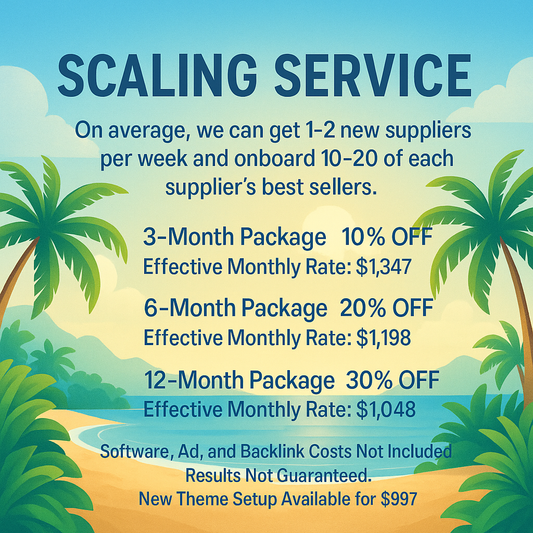
Sustainability and Ethical Practices in High-Ticket Dropshipping

In recent years, e-commerce has experienced tremendous growth, and along with it, the demand for sustainable and ethical practices in the industry has also surged. Consumers are increasingly conscious of the environmental and social impact of their purchases, prompting businesses to adapt to this shift in consumer behavior. High-ticket dropshipping, a business model that focuses on selling high-value products sourced from third-party suppliers, is no exception. In this blog post, we'll explore how sustainability and ethical practices are shaping the landscape of high-ticket dropshipping and why they are vital for the future of e-commerce.
The Rise of Sustainable and Ethical Consumption
Before delving into the specifics of high-ticket dropshipping, it's essential to understand the broader context of sustainability and ethical consumption. Today's consumers are more informed than ever, seeking products that align with their values. They are concerned about environmental issues, labor conditions, and ethical business practices. As a result, businesses across all industries are under pressure to adopt transparent and sustainable practices.
Sustainability in High-Ticket Dropshipping
1. Eco-friendly Product Sourcing: One of the primary ways high-ticket dropshipping businesses can contribute to sustainability is by sourcing eco-friendly products. This involves partnering with suppliers that prioritize environmentally responsible manufacturing processes, such as using sustainable materials, reducing waste, and minimizing carbon footprints.
2. Ethical Supply Chains: High-ticket dropshippers should also prioritize ethical supply chains. This means working with suppliers that treat their employees fairly, provide safe working conditions, and adhere to labor laws. Ensuring that your suppliers follow ethical practices can enhance your brand's reputation and attract socially conscious customers.
3. Quality Over Quantity: Instead of focusing solely on high sales volumes, high-ticket dropshipping businesses can emphasize quality products that have a longer lifespan. Promoting products that are built to last reduces the need for frequent replacements, ultimately reducing waste and promoting sustainability.
4. Carbon Offset Initiatives: Some high-ticket dropshipping businesses are taking steps to offset their carbon emissions. This can include investing in reforestation projects, supporting renewable energy initiatives, or purchasing carbon credits to neutralize their environmental impact.
Marketing Sustainability and Ethical Practices
1. Transparency: Transparency is key when marketing sustainable and ethical practices. Clearly communicate your commitment to these values on your website and in your marketing materials. Share information about your product sourcing, supply chain, and any sustainability certifications your products may have.
2. Education: Educate your customers about the environmental and social benefits of choosing high-quality, ethically sourced products. Use blog posts, social media, and email marketing to share informative content about sustainability and ethical practices.
3. Green Packaging: Use eco-friendly packaging materials and communicate this to your customers. Consider offering incentives for customers to recycle or reuse packaging, further reducing waste.
4. Collaborate with Sustainable Brands: Partner with other sustainable brands and influencers to amplify your message. Collaborations can help you reach a broader audience and showcase your commitment to sustainability.
Conclusion
Sustainability and ethical practices are no longer optional in the world of e-commerce; they are essential for the long-term success of high-ticket dropshipping businesses. By prioritizing eco-friendly product sourcing, ethical supply chains, quality over quantity, and carbon offset initiatives, you can not only attract socially conscious customers but also contribute to a more sustainable future.
As a high-ticket dropshipper, your commitment to sustainability and ethics can set you apart from competitors and build a loyal customer base that values the positive impact of their purchases. By marketing your sustainability efforts transparently and educating your audience, you can help drive positive change in the e-commerce industry and be a part of a more ethical and sustainable future.


















